As summer heats up, large parts of the United States are expected to face above-normal temperatures and more rain than usual until June 22, 2025. The National Weather Service (NWS) has warned that this weather pattern could bring heat-related health risks, travel problems, and even localized flooding in some areas.
Heat Conditions Worsening in the Eastern U.S.
According to the NWS 6–10 day outlook, the eastern half of the U.S. will experience extreme heat. Temperatures may break previous records, especially in cities from the Gulf Coast up to the Midwest. These conditions are much hotter than normal for this time of year.
This extra heat can:
- Put pressure on power grids, especially with more people using air conditioning
- Lead to heat advisories in several states
- Increase the risk of heat exhaustion or heatstroke
Authorities suggest avoiding outdoor work during the hottest part of the day, usually between 12 PM and 4 PM, and drinking plenty of water.
Heavy Rain in the West and Southeast
It’s not just the heat that people need to watch out for. Some parts of the country will also see more rainfall than usual, especially:
- From the Pacific Northwest to the Southeast
- In states like Louisiana, Mississippi, and parts of the Northeast
- Even parts of the West Coast may experience occasional storms, increasing the risk of flash floods
In areas where the ground is already soaked, the chances of flooding are higher. The weather service is warning that localized flooding is a serious risk during this period.
Travel Disruptions Likely
The combination of hot weather and heavy rain can make travel more difficult, especially in the East Coast cities. Roads may become slippery or even flooded, causing delays for both public and private transportation.
If you’re traveling, consider:
- Checking local forecasts before heading out
- Delaying non-essential travel during heat waves or storms
- Making sure your vehicle is in good condition and has enough water supply
Stay Safe During the Heatwave
Here are a few simple safety tips:
- Drink plenty of water
- Stay indoors during peak heat hours
- Use fans or air conditioning
- Avoid long periods of sun exposure
- Check in on elderly relatives or neighbors

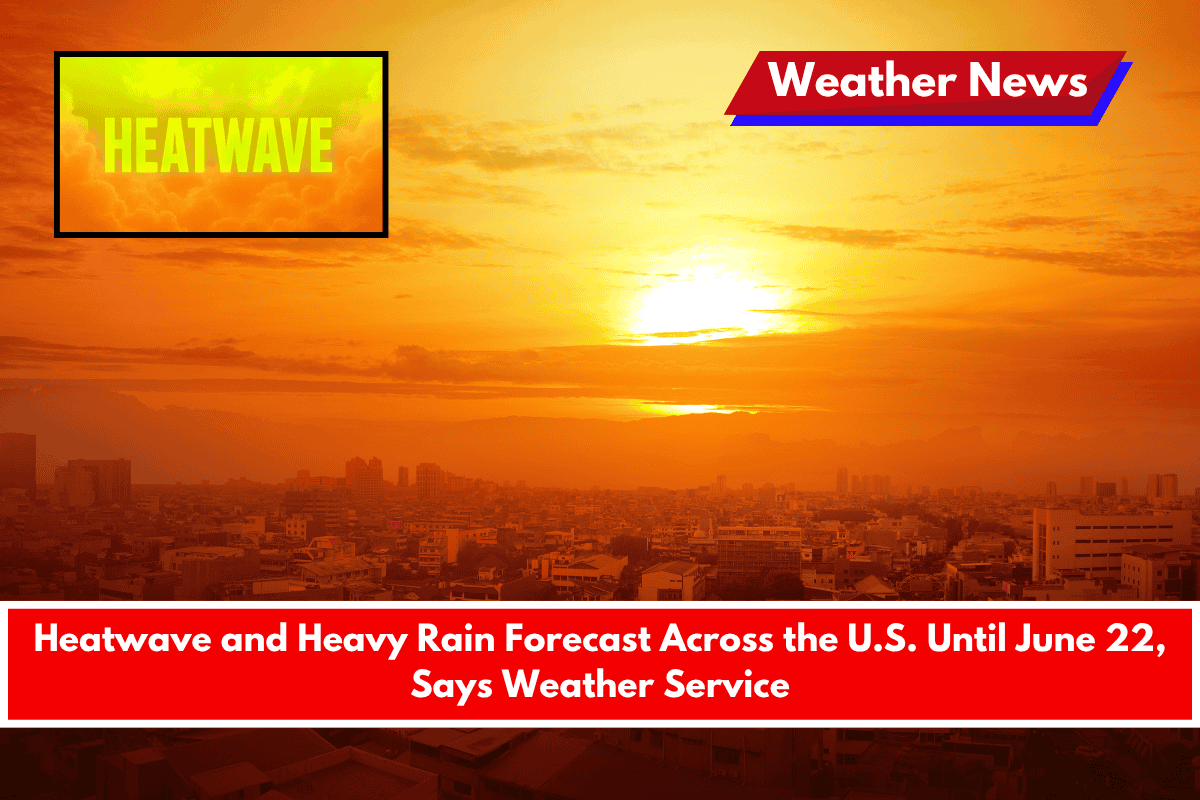
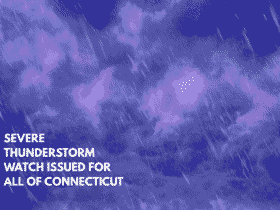




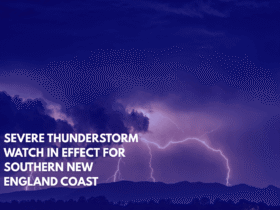
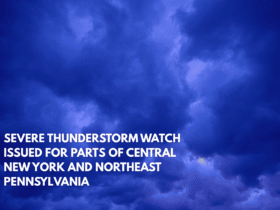
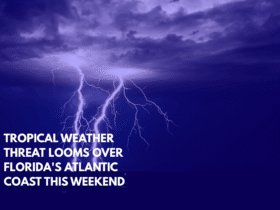
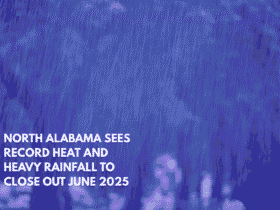
Leave a Reply